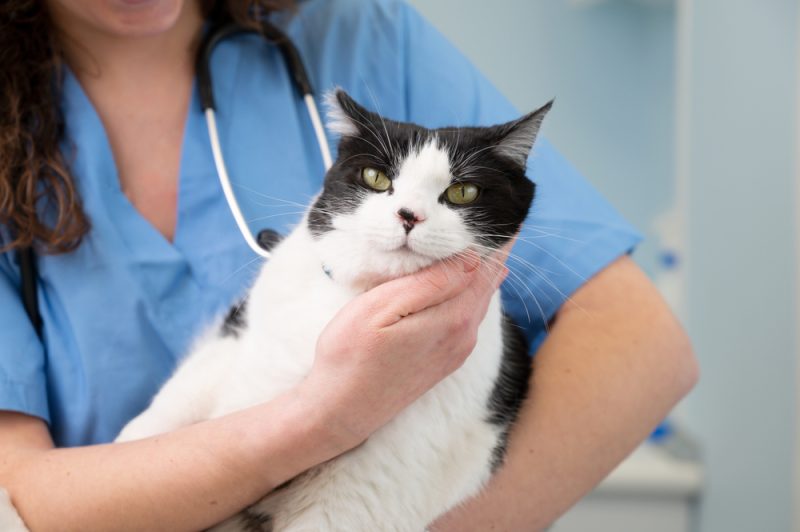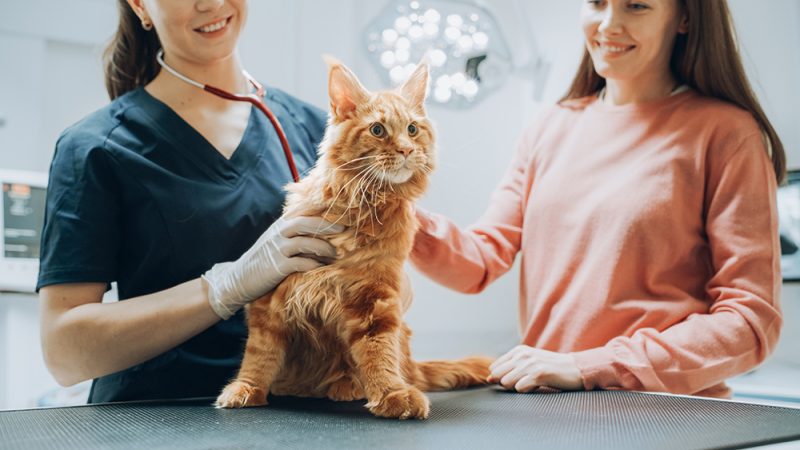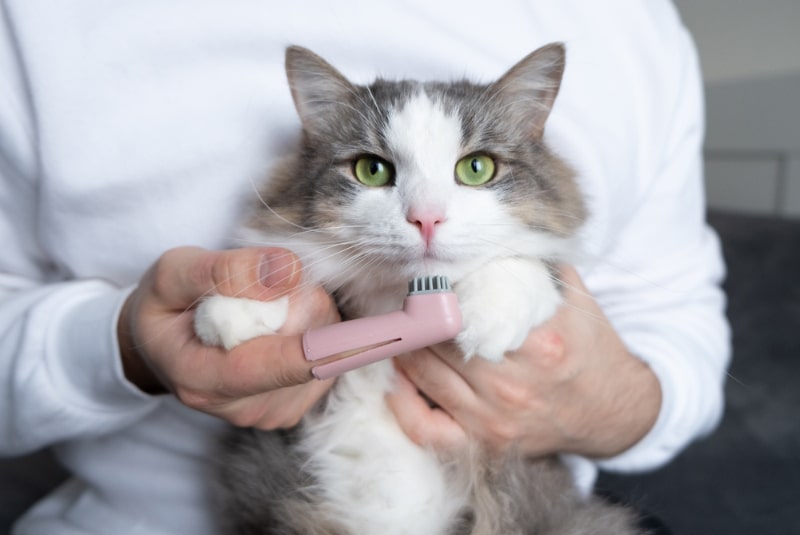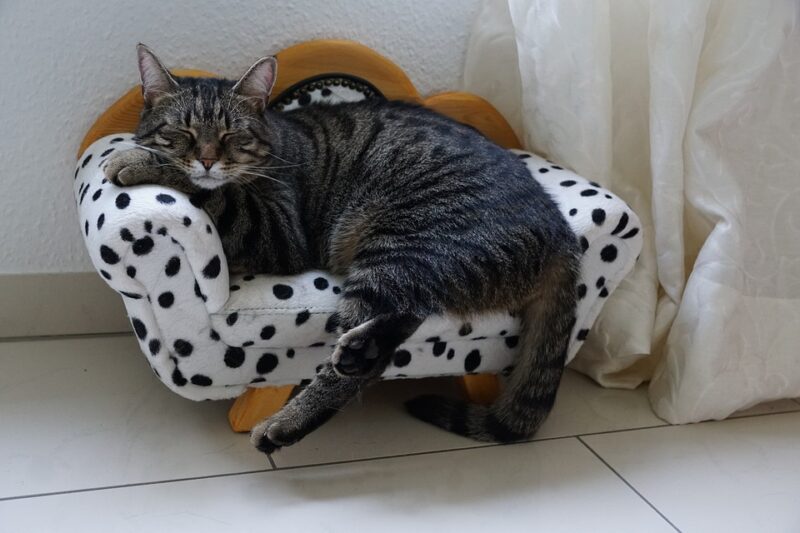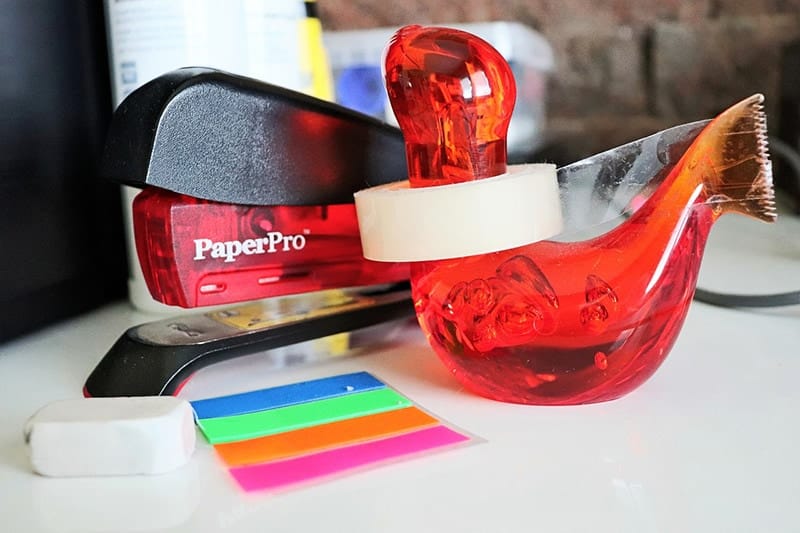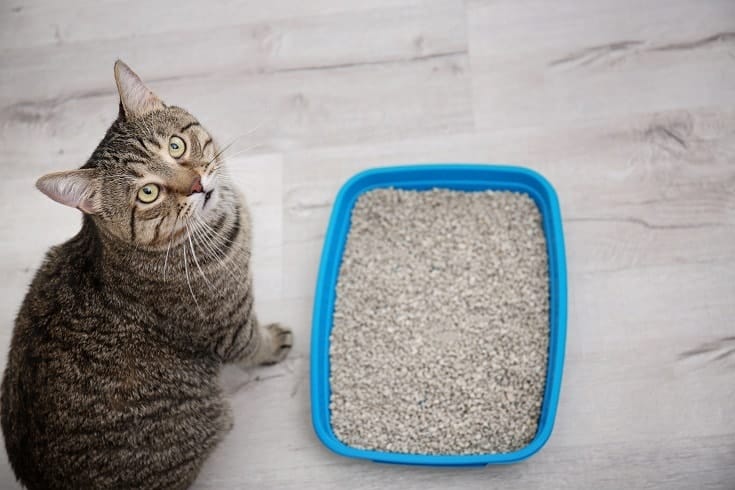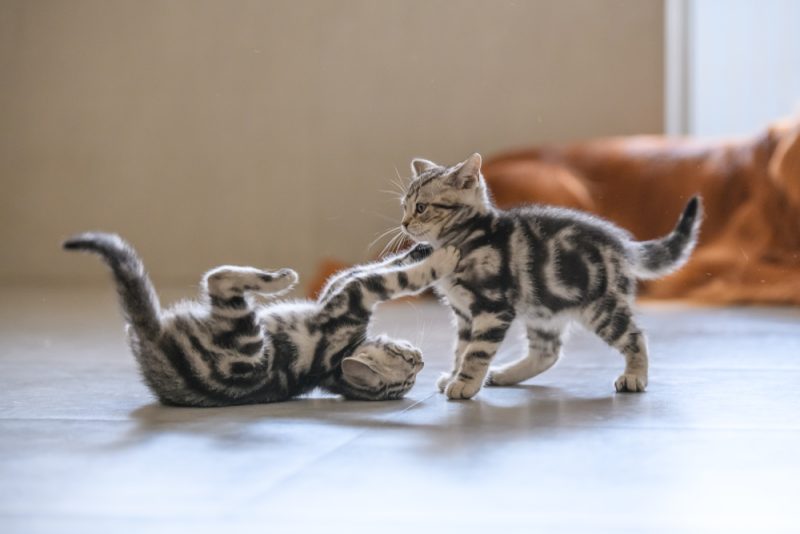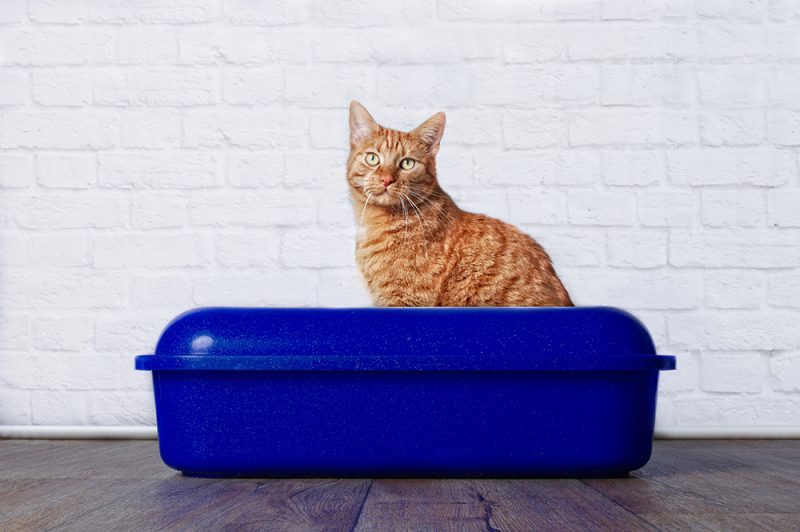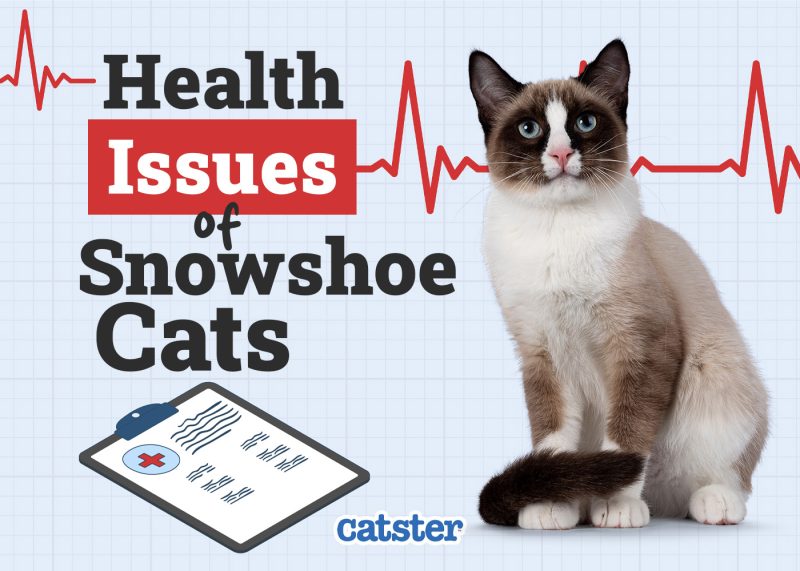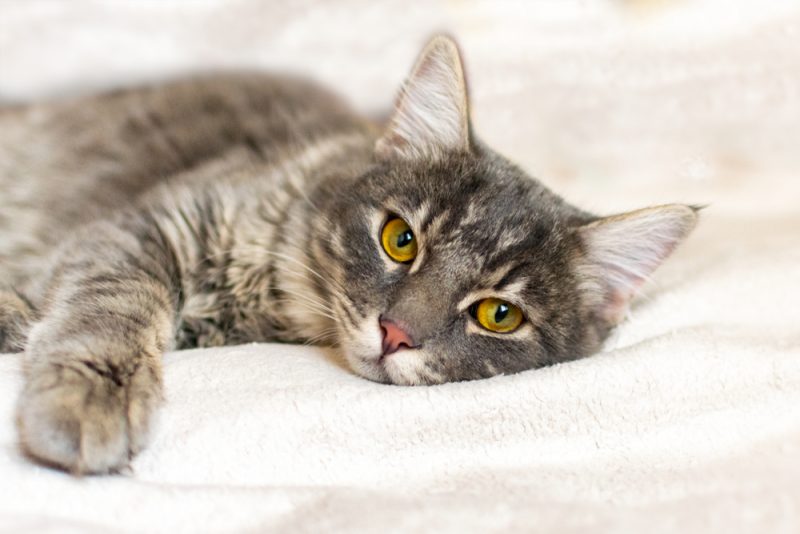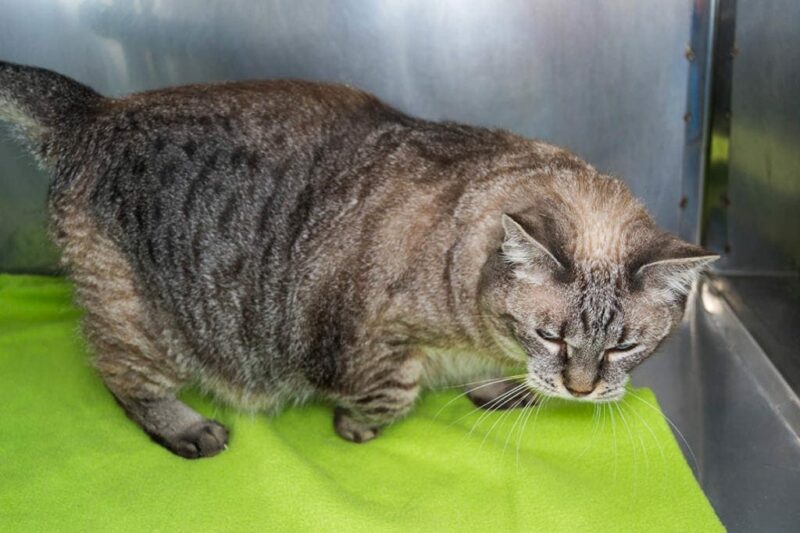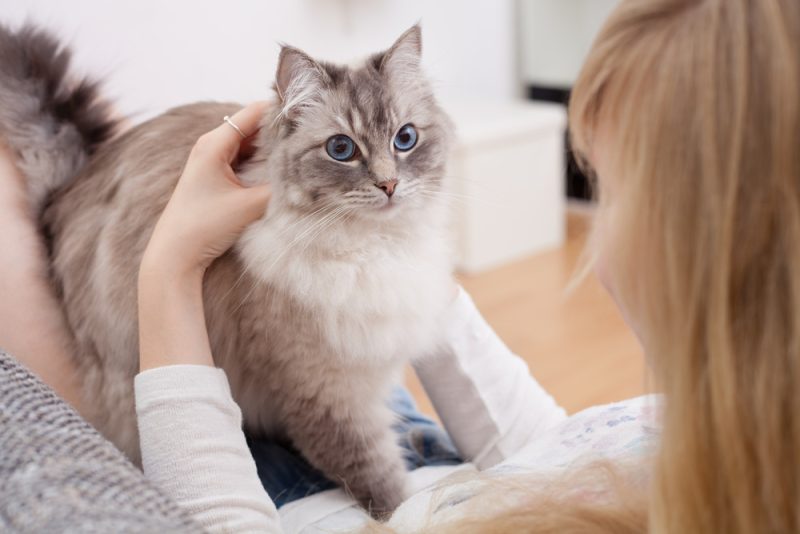Seizures are frightening for pet owners, especially when they first start happening. If your cat starts showing signs of seizure activity, you’ll need to have them evaluated by a veterinarian as soon as possible. Let’s look at some of the causes of seizures in cats and how to treat them.

What Are Seizures?
A seizure occurs when there is a surge of electrical impulses in your cat’s brain. They may twitch or have full-out convulsions. If your cat has multiple seizure episodes, they have epilepsy. Seizures can occur in clusters of multiple seizures over several hours or days, or they can be very infrequent.
Overall, seizures are less common in cats than in dogs. When your cat has been evaluated, and the vet can’t determine an underlying cause for the seizures, your cat likely has idiopathic epilepsy.

What Are the Signs of Seizures in Cats?
Seizures come with varying appearances. We commonly think of seizures as something where the pet has convulsions.
- Trembling of a leg
- Paddling movements
- Loss of bladder and bowel control
- Chomping mouth like chewing something (“bubblegum seizure activity”)
- Staring into space
- Biting at something that isn’t there
- Sudden aggression
A grand mal seizure is one where the cat falls over, is unresponsive and convulses. If a cat has a seizure that only affects certain muscle groups, it’s called a partial seizure. Petit mal seizures are also known as absent seizures: the cat might stare off into space.
Seizures usually only last for a minute or two. If a seizure doesn’t stop and continues for more than 5 to 10 minutes, it is classified as status epilepticus. If your cat is seizing continuously, it is a medical emergency.
Your cat may go through a preictal or postictal phase. These phases occur before and after the seizure, respectively. In a pre-ictal phase, your cat could be agitated or nervous. Many pets are sleepy or depressed during the post-ictal period, but some can be easily excitable or even aggressive. It’s important to note that the post-ictal phase can last up to 48 hours.

What Are the Causes of Seizures in Cats?
Seizures are less common in cats than in dogs. The causes of seizures can be divided into intracranial and extracranial causes.
Intracranial Causes
If your cat has a brain tumor that causes seizures, we call that an intracranial cause. Infections within the brain or surrounding structures are also possible. If the veterinarian or neurologist can’t find a specific cause for seizures, they may dub the cause as idiopathic epilepsy.
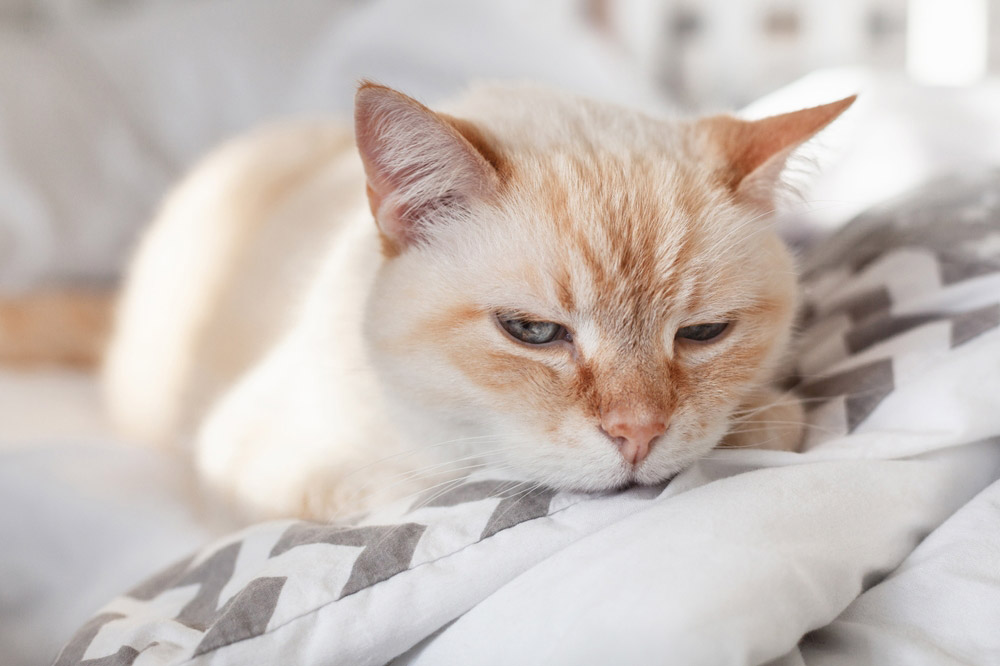
Extracranial Causes
The most common extracranial cause is poisoning or toxin exposure. Many dog flea products contain a chemical called pyrethrin, which is highly toxic to cats.
- Infections such as the feline leukemia virus or the fungal infection cryptococcosis
- Low blood sugar (hypoglycemia)
- Low sodium or other electrolyte imbalances
- Liver disease or failure
- Kidney disease or failure

How Do I Care for a Cat With Seizures?
If your cat has a seizure, they should be examined by a veterinarian as soon as possible for a physical exam and diagnostics. This physical exam may be more in-depth than a routine exam, as the veterinarian will likely check various reflexes, look into your cat’s eyes and ears, and possibly even perform a rectal exam.
Diagnostics
The vet will recommend blood work for your kitty. This testing usually includes checking electrolytes, a biochemistry panel, and a complete blood cell count. The vet might suggest a thyroid profile to check for hypothyroidism or even an SDMA test to assess kidney function.
They can check for feline leukemia and FIV with an in-house SNAP test. Other tests, such as a fungal serology, will depend on your cat’s exam, history, and other lab results.
If your cat has had multiple seizures, you should consider bringing it to a specialist. A CT or MRI can be beneficial to evaluate your cat’s brain structure. These tests are done under anesthesia, and the vet may collect a cerebrospinal fluid sample simultaneously to look for changes and an infection.
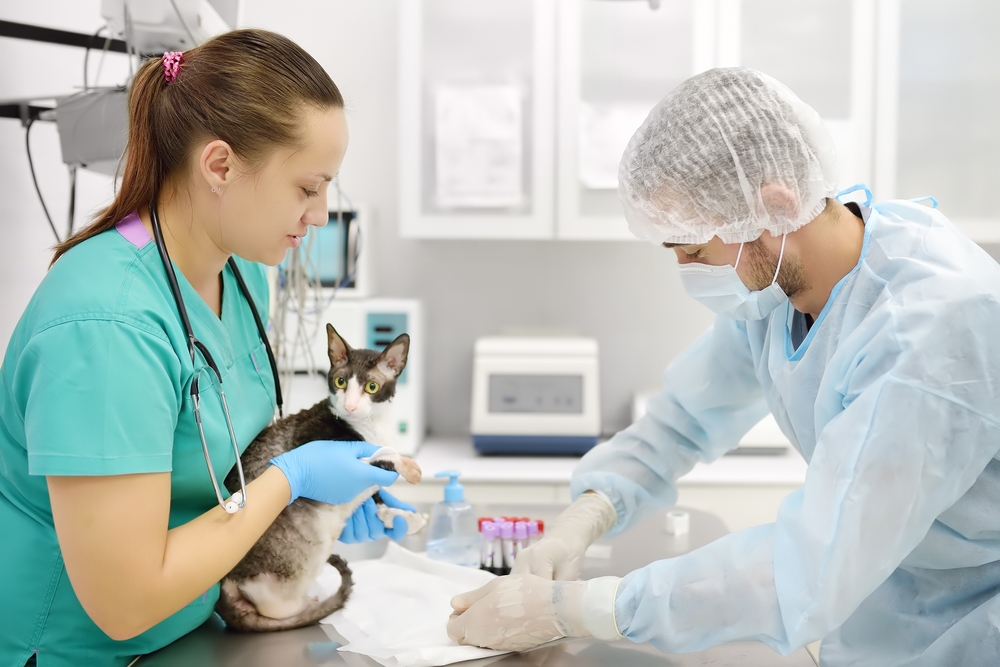
During a Seizure
If your cat has a seizure, stay calm. Carefully try to position your cat where they can’t readily hurt themselves. Do not try to put your fingers in their mouth, as you’re likely to be accidentally bitten.
If the veterinarian has previously prescribed “rescue” medication to give during a seizure, give it now.
Speak to a vet as soon as possible to examine your cat and initiate treatment if indicated.
If you need to speak with a vet but can't get to one, head over to PangoVet. It's an online service where you can talk to a vet online and get the advice you need for your pet — all at an affordable price!

Therapy for Seizures
The veterinarian is unlikely to start anticonvulsant medications if your cat only has a brief seizure. If, however, the seizures continue, medications are indicated.
- Levetiracetam (Keppra)
- Phenobarbital
- Potassium bromide
- Zonisamide
These medications are associated with potential side effects. Some may make your cat ravenously hungry, while others may cause sleepiness. Do not stop the medication without speaking to a vet, as the seizures can rebound and become more challenging to control.
Seizure Log
Regardless of how you’re treating your cat, you should keep a seizure journal. Make a note of when the seizure occurred and how long it lasted. Was there anything different that day that might have triggered the seizure, such as fireworks or thunder? If you give a rescue medication prescribed for when a seizure occurs, you should also note it here.

Frequently Asked Questions
How long can a cat survive with seizures?
If your cat is otherwise healthy, seizures may not impact their overall survival time.
Can a healthy cat have a seizure?
Even if your cat seems completely healthy, they can have a seizure. There could be underlying health issues, which is one of the reasons why routine physical exams and blood work are so important. That said, a cat with no abnormalities on exam or diagnostic tests can still have a seizure. It is classified as idiopathic epilepsy if they have multiple.

Conclusion
If your cat has a seizure, it can be very scary and stressful while you search for answers. Partner with a veterinarian to rule out underlying causes. If your cat has multiple seizures and is prescribed medication, make sure you give it as directed.
Featured Image Credit: David Herraez Calzada, Shutterstock

